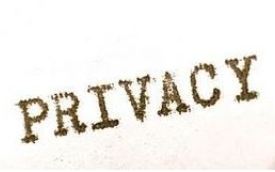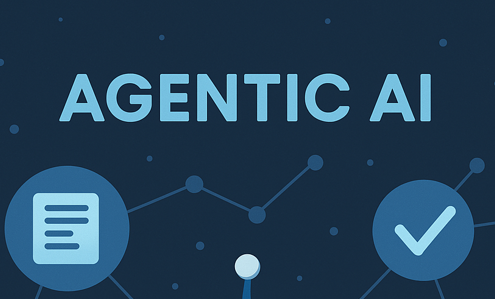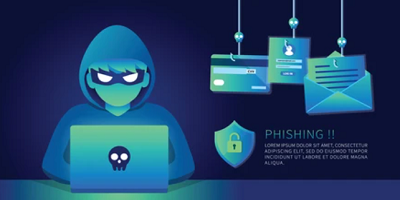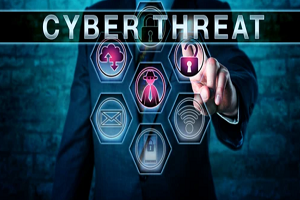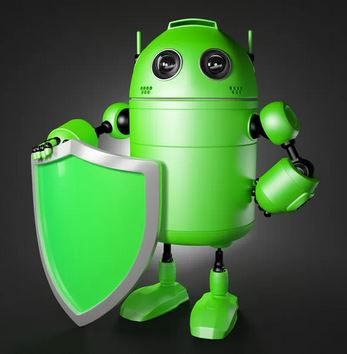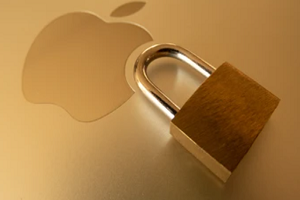Privacy in our lives is something that humans have always cherished since the dawn of mankind. That is the prime reason why houses even have walls. But, with the advent of technology and then its ability to transmit information globally after the development of the internet, Issues related to our privacy have moved onto bigger platforms. Internet and technology have made handling and sharing information so much easier, but with that has also made accessing them a lot easier. That includes access by people whom you don’t want in possession of your information.
These days, every inch of our lives are being digitized and recorded. Whether it is our fingerprints, our home addresses, our bank details and even our health details; they are all available online. These kinds of information have become necessary as some online portals now demand them to make relevant kind of transactions. Our bio-metrics information is now used to allow us access to buildings and to monitor our attendance.

Now with the upcoming drone technology, it will become even more complicated to keep outsiders from snooping into our private lives.
Ways our privacy are affected
People underestimate that how much our information is already being shared online. We may have heard about WikiLeaks and Edward Snowden files, but here are a few ways in which our own information is being monitored:
Social Media: Social media sites are known for sharing our information regarding our interests, hobbies and like to companies who then target such people with advertisements catered towards their likings.
Surveillance Cameras: They are everywhere. Whether you are in the office, shopping in a mall or just walking down the road; surveillance cameras are monitoring you everywhere you go. And as the years go by, they are also being equipped with facial recognition software which would identify and track you anywhere.
National Identifications: Some of us may have heard of Aadhar Card. Indian govt’s UIDAI demands retina scans, fingerprints, mobile numbers and home addresses to give this type of card. Any lax or breach of security in UIDAI servers and crackers will have access to sensitive information of about a billion people.
Cookies: Every time you visit a website, it leaves behind cookies which act as an online footprint of yours. It is evidence that you had been on that site. This information can be easily sold to corporations to direct their advertisements to you.
Medical Records: Medical institutions might share your personal medical records abstract with others like food companies without your consent. They may not target individuals, but if they find out for example that a large number of people in a particular area are suffering from diabetes, they might introduce products that are specifically catered towards diabetic people.
Dating websites: A very famous (or infamous) dating website Ashley Madison was hacked in 2015, in which details of thousands of users were leaked online. This was a website in which married people registered to have extra-marital liaisons with other people. If this can happen to this website, it can happen to other websites.
What is the need of the hour?
With the growing accessibility and assimilation of technology into our private lives, more laws are needed to be introduced to protect our information from leaking out to the public. All the relevant laws of the world are in need of revision where technology and the internet are taken into consideration.
Along with all the legal and legislative work, the companies and service providers should also provide some sort of transparency with regards to their user and information sharing policies so that we know what we are signing onto.
